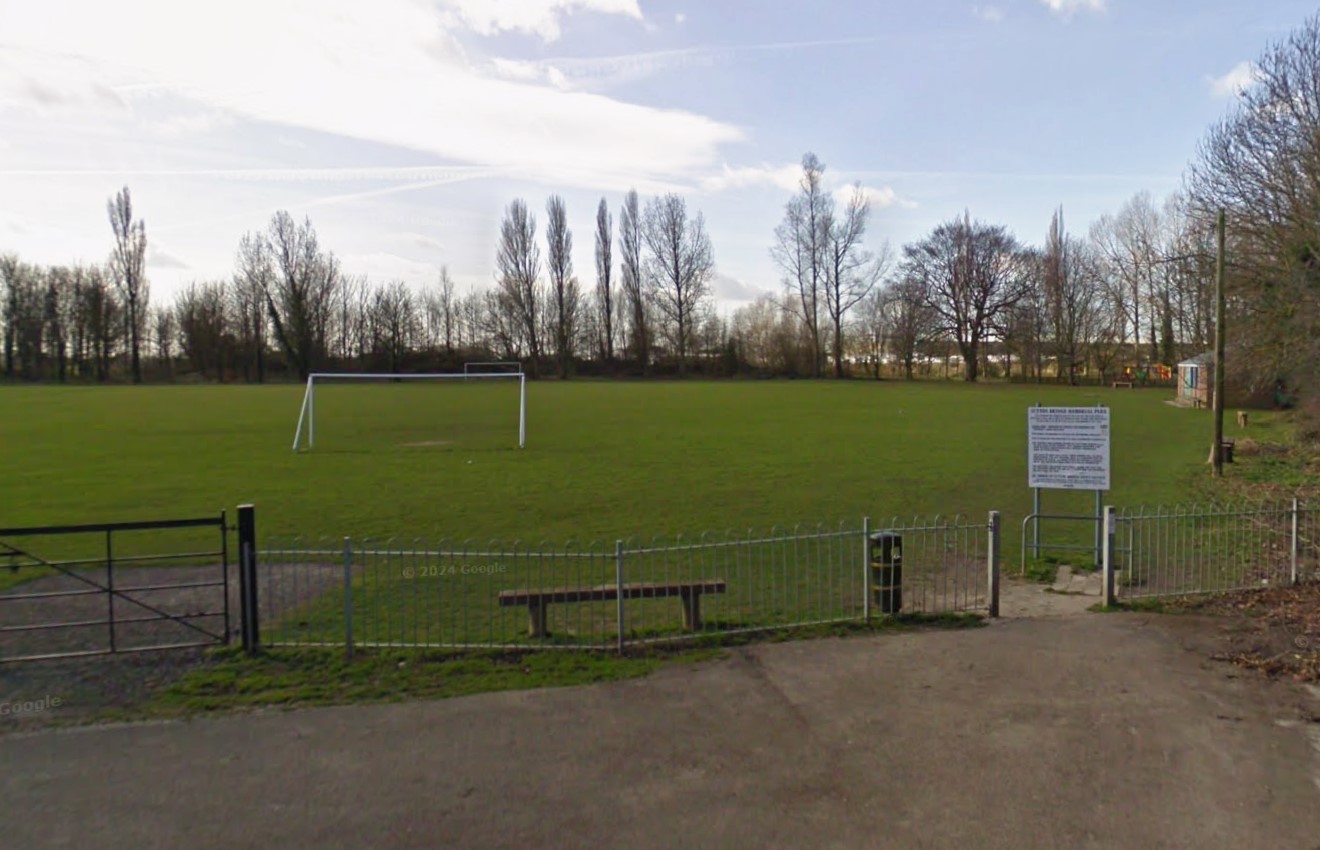Coun Richard Fairman is right when he says that things cannot remain the same with the EU (V Mail, June 23).
There is still much to be done, as you would expect with an enterprise embracing so many different countries.
It is an ambitious project, intended to leave in the history books the constant upheavals of the old Europe of many separate countries. Intended also to provide Europe with the scale and strength to face a world increasingly dominated by big countries. It is not there yet. It needs determination, wisdom, good faith and bold minds to weather the storms inevitable in carrying through such a huge project. And it will take time. Worthwhile things usually do take time.
We now know that a little over half the British people do not wish to be part of that enterprise.
Given the blitz of lies, half-truths, and deceptions that have disgraced the referendum campaign, and which were only a more intense version of what had been flowing for years, that isn’t surprising, though it is disappointing.
Even more disappointing, was the choice of one part of the leave campaign to promote its ends by using the technique so successfully adopted in 1920s and 1930s Germany, of identifying one social group for the purpose of vilification, in order to whip up an antipathy towards it that in some people reached the level of hatred. In Germany the Jews, in the UK the immigrants. No, we did not see death squads here, of course. And, yes, there are matters relating to immigration that need sorting out. Discussed rationally, there could be no objection to the subject. But rationality was not the chief instrument for that part of the leave campaign. A whipping up of base emotions was used instead. It shamed the country.
Now we have to work out how to do the future. Coun Fairman expressed pity for “our poor youth” if they were to be subservient to Brussels. In fact, it seems the majority of our young people have a much more positive view of a future based on being part of a multi-national co-operative and visionary enterprise. I have already heard views expressed by young adults, of shock and bitter disappointment at what some of the oldies have now done to their future. Fortunately, I think the young have many good qualities and will show their strength as they grow into the drivers of the country.
I believe they will have more open, more generous, and less cramped attitudes than Coun Fairman apparently espouses.
John Tippler
Spalding






